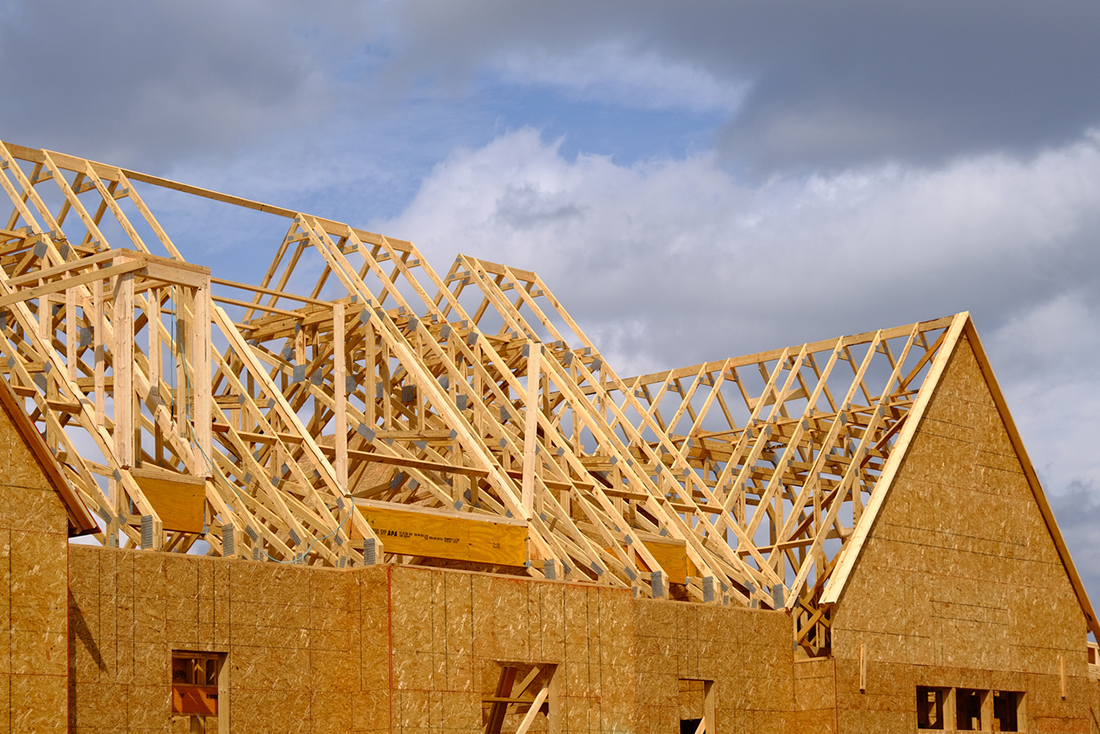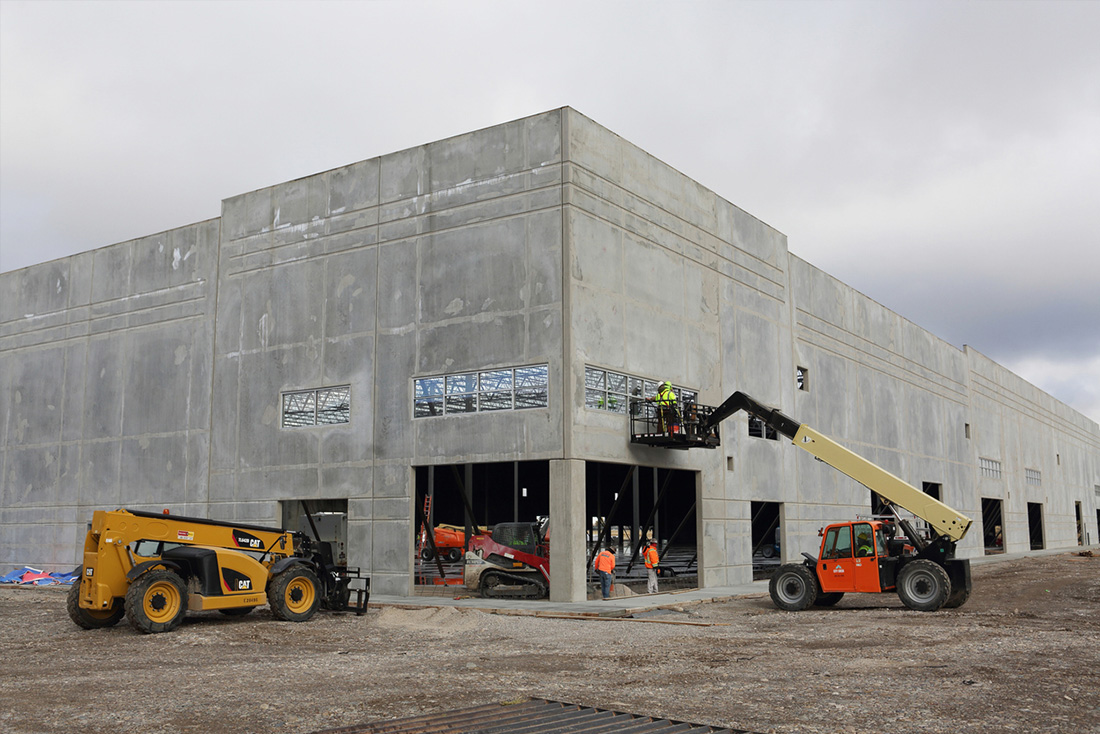
Homebuilder Sentiment Rises: What It Means for Texas Construction Businesses
As 2025 draws to a close, signs of cautious optimism are emerging in the U.S. housing market. According to the National Association of Home Builders (NAHB), builder sentiment climbed to…

Expanded Lien Rights for Texas Design Professionals: What You Need to Know
Texas design professionals, such as architects, engineers and surveyors, now have stronger legal tools to secure payment for their work, thanks to recent amendments to Chapter 53 of the Texas…

Court of Appeals Upholds “Extremely Broad” Lien Subordination Agreement
Subordination agreements can be used to impact the priority of all lien holders, whether a bank or a contractor, on a project. In a recent decision, the Fourteenth Court of…
Subscribe to the Texas Construction Law Blog

What the Supreme Court’s Tariff Decision Means for Construction Costs
This article serves as a breakdown on the potential effects of the Supreme Court’s recent decision to strike down President Trump’s blanket tariffs as well as to provide an update…

Importers Beware – What the Supreme Court’s Recent Decision Changes, What it Doesn’t, and What the Refund Process Looks Like
What tariffs remain in effect and are importers entitled to a refund?
These two questions are front of mind following the United States Supreme Court’s February 20, 2026 decision in…

Foreclosing on Yourself: Court of Appeals Allows Joint Pipeline Property Owner to Foreclose on Its Own Property to Secure Repayment
Joint operating agreements are commonplace in the oil and gas industry, used to define parties’ obligations, liabilities, and costs. In a recent decision, CL III Funding Holding Company, LLC v.

Breaking Ground on Broader Immunity: Texas Supreme Court Expands Immunity for Lower-Tier Roadway Contractors
The Texas Supreme Court’s recent holding in Third Coast Servs., LLC v. Castaneda expands potential liability coverage under § 97.002 of the Texas Civil Practice & Remedies Code by reasoning…

Homebuilder Sentiment Rises: What It Means for Texas Construction Businesses
As 2025 draws to a close, signs of cautious optimism are emerging in the U.S. housing market. According to the National Association of Home Builders (NAHB), builder sentiment climbed to…
Defending against tort claims is a critical concern for construction and oil and gas companies, as these industries inherently involve high-risk operations both on the road and at the job…

Expanded Lien Rights for Texas Design Professionals: What You Need to Know
Texas design professionals, such as architects, engineers and surveyors, now have stronger legal tools to secure payment for their work, thanks to recent amendments to Chapter 53 of the Texas…

Court of Appeals Upholds “Extremely Broad” Lien Subordination Agreement
Subordination agreements can be used to impact the priority of all lien holders, whether a bank or a contractor, on a project. In a recent decision, the Fourteenth Court of…

Navigating Tariffs and Rising Costs: Legal Tools for the Construction Industry
The American construction industry continues to be shaped by the fluctuating cost and availability of materials. Early data from 2025 indicates a steady rise in material prices, driven in part…
About the Gray Reed Construction Team
At Gray Reed, we believe that effectively representing construction businesses requires an industry based practice. It’s not enough to know the law—you need to know the industry, how it operates and how a project progresses. Our attorneys provide a full range of legal services to contractors and owners ranging from small, family-owned businesses to ENR Top 400 Contractors, state and local government agencies and Fortune 500 Corporations.
